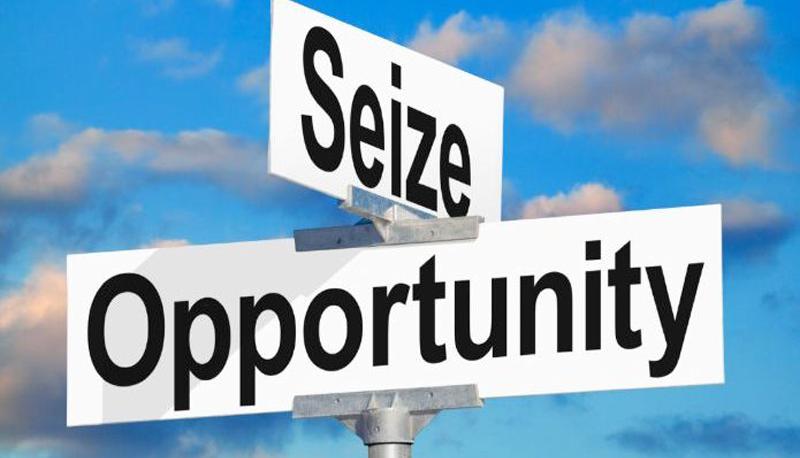
The pandemic may have wiped your strategy slate clean with changes in the ecosystem dictated by the pandemic, but you have also garnered invaluable experience needed for turnaround.
 You may have discovered the best in you and smarter ways of operating the business. Some may have realised that their attitude towards managing the crisis was wrong. Now it’s time to bring together your ‘think tank’ and use those lessons to reconfigure your business and operating models for the next normal world.
You may have discovered the best in you and smarter ways of operating the business. Some may have realised that their attitude towards managing the crisis was wrong. Now it’s time to bring together your ‘think tank’ and use those lessons to reconfigure your business and operating models for the next normal world.
Re-set your expectations-achieving pre-pandemic level would be a bad notion to have. Instead audit the ecosystem – reconfigure your business strategy and reset your goals based on new opportunities and competitive advantages.
Absorb lessons
Each enterprise should take its own path depending on the new nature of the industry. Some could reduce or retire specific non-value adding business activities. Others could rescale or reinvent themselves. During highly disruptive times, it is possible to think about renewal as you grapple with your triage response and recovery. Re-imagine your organisation’s future.
Don’t relish the disruption; you must seize the day and look for better ways to operate and seize the new opportunities rather than regaining the old business. Mind you it’s a mind-set that I propose when approaching the future for growth.
Agile decision making and strategy re-setting result in outsized performance — and establishes a lead over the competition that sustains long after the initial disruption. As you weed out weaknesses in your people, business and operating models, you are better positioned to weather the next disruption.
In the absence of a complete cure for Covid-19, any rebound in business activity could easily be followed by another round of response, recover, renew, so the imperative is to absorb lessons learned quickly and build sustainable changes into business and operating models.
But first, you need to determine exactly where and how the crisis has stretched and broken your existing models — and where the risks and opportunities lie as a result. Identify significant uncertainties and evaluate them in terms of their importance to the future of the enterprise.
In the highly disrupted environment, create a minimum viable strategy and use adaptive strategy making to iterate as your next normal emerges. Make strategic planning a continual activity so it can respond quickly to the inevitable changes in business context.
Reset for a sustainable future
It is in the renewal phase that wise leaders take the opportunity to reset or rebuild their business models and operations for a new reality. From ‘recovery’ to ‘reconfigure, rescale, reinvent, return, reduce and retire’ would be wiser and more objective oriented.
For some, the pandemic has stressed business and operating models to the point of breaking. Organisations will ultimately reduce or retire those activities permanently. This could include moving some business capabilities out into the ecosystem or removing a product or service entirely.
In some cases, retirement is long overdue anyway and this would be the best opportunity. Some organisations may reset by reinventing themselves for the long term. Likely examples are manufacturers that have switched production facilities to create new product suites, or retailers that have found new ways and new ecosystems in which to reach customers who can’t visit their physical locations.
Others could reinvent themselves by refocusing their capacity. Think of government service centers that have been forced to offer their services remotely. They may be able to retire some of their physical centers and instead focus on their newfound digital abilities.
Yet others, such as digitalised parts of an organisation, might rescale permanently. Yours may be one of the businesses that resettle toward the pre-pandemic baseline, but it won’t have been a straight path. Manufacturers of nonperishable consumer goods are a good example. They initially experienced surging demand, but could easily see demand sink as the crisis-driven overstocking corrects. But that phase, too, will pass, returning demand toward pre-pandemic levels.
What will your future be? This crisis has created an opportunity to reset some of your goals and ambitions; it’s time to ask: “As we recover from this crisis, do we want to be different — and if so, how?”
